A major political standoff has come into sharp focus as Moses Kuria, leader of the Chama Cha Kazi (CCK) party, has publicly accused a rival faction of orchestrating a disruptive plot targeting the campaign tour of Rigathi Gachagua.
According to Kuria, the alleged scheme involves impersonating his own party’s members and sabotaging Gachagua’s rally in the run-up to the high-stakes Mbeere North by-election.
Alleged Disruption Scheme Unveiled.
In a statement issued late Tuesday, Kuria charged that operatives linked to the United Democratic Alliance (UDA) are planning to attend Gachagua’s November 27 rally clad in CCK uniforms, with the intention of causing chaos and tarnishing both Gachagua’s and his own party’s reputations. The planned tour is part of a broader campaign push ahead of the by-election in Mbeere North.
Kuria further claimed that these impersonators will falsely demand Ksh 10 million from Gachagua—accusing the former deputy president of owing the amount to CCK’s candidate, Duncan Mbui. “For the record, Hon Gachagua does not owe any money to Hon Mbui, and any claims to that effect should be treated with the contempt they deserve,” Kuria stated.
Political Tensions Escalate in Mount Kenya Region.
The accusations deepen existing fissures within the Mt Kenya political landscape. The Mbeere North by-election has evolved into a causal test of strength for both the UDA and opposition alignments. Analysts say the alleged plot threatens to inject fresh volatility into a campaign already charged with competing narratives over loyalty, regional influence and 2027 preparations.
Kuria did not mince words, warning electoral regulators: “What will happen on November 27 is a harbinger of what could happen on August 10, 2027, if these schemes are ignored.” He called on the Independent Electoral and Boundaries Commission (IEBC) to investigate and act ahead of the rally.
If Kuria’s claims are substantiated, the event could mark a troubling new chapter in political manipulation and impersonation tactics within Kenya’s campaign environment.For Gachagua, the accusation places him in a defensive posture: while he was shown as the target of disruption, the allegation also ties his campaign to a financial claim—potentially undermining his public messaging.
For Kuria and CCK, the warning serves as both an alert and an assertion of influence, framing his party as vulnerable yet vigilant.For the IEBC and security agencies, the unfolding drama raises the bar for pre-emptive monitoring, crowd-control planning and the enforcement of electoral integrity during by-election tours.
Whether the alleged impersonators appear at the rally and whether any disruption occurs, providing photographic or video evidence for verification.The response from the UDA: whether they deny involvement, identify accused individuals or propose dialogue to defuse the allegations.
The IEBC’s reaction: whether the commission launches an immediate inquiry, issues directives on uniform impersonation and releases guidelines for rally security.The broader political dimension: how the incident will affect alliances ahead of the 2027 general election, especially in the Mt Kenya region which remains a critical electoral bloc.
Moses Kuria’s public warning of a manufactured disturbance targeting Rigathi Gachagua’s campaign tour signals an alarming escalation in political tactics ahead of a by-election. With accusations of impersonation, a financial accusation and a looming rally, the next few days may determine whether this becomes a minor disruption or a major inflection point in Kenya’s 2027 election build-up.

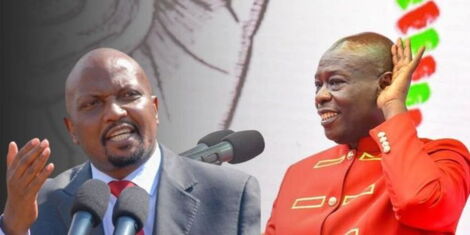
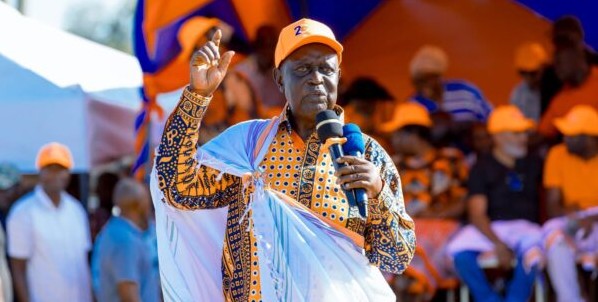
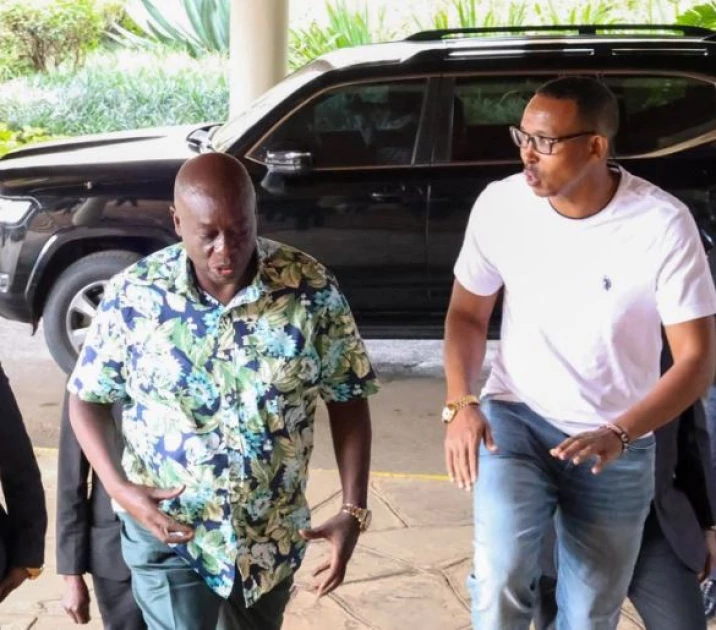
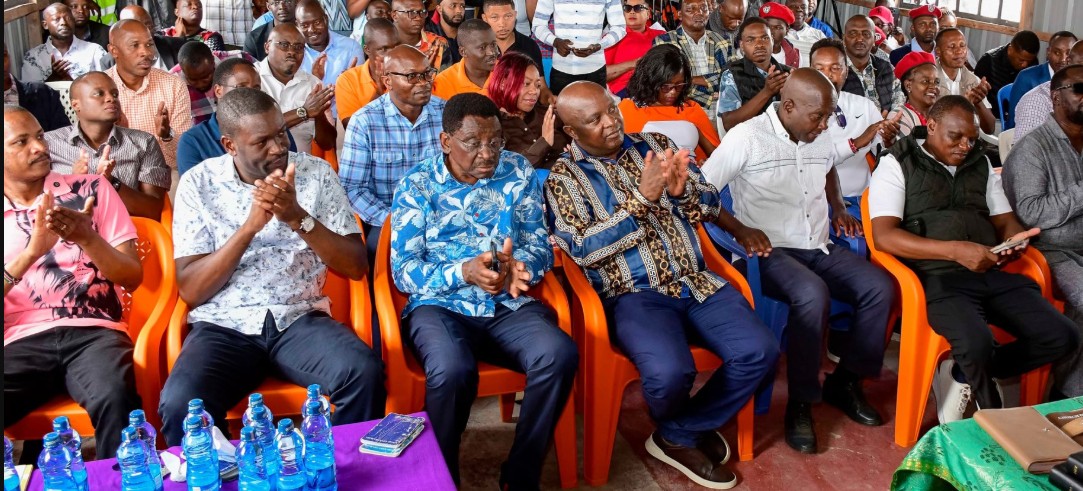
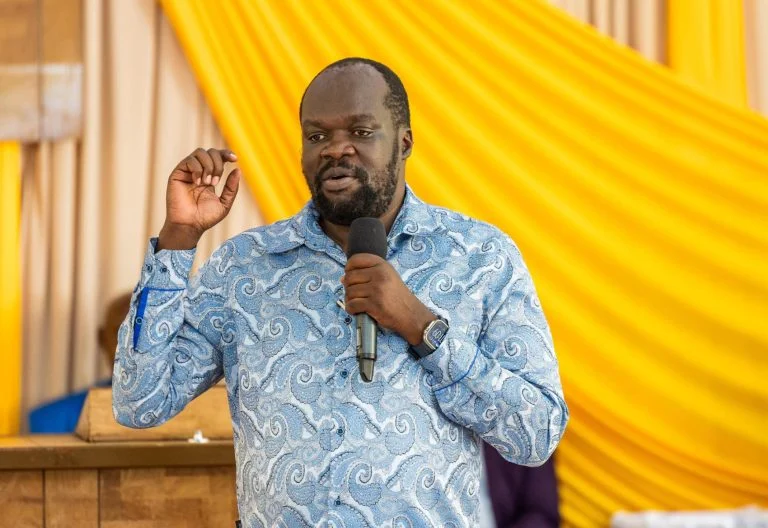

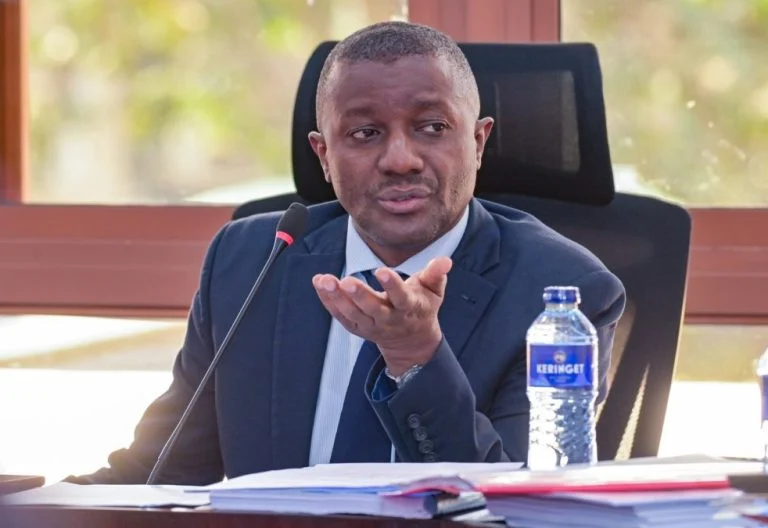
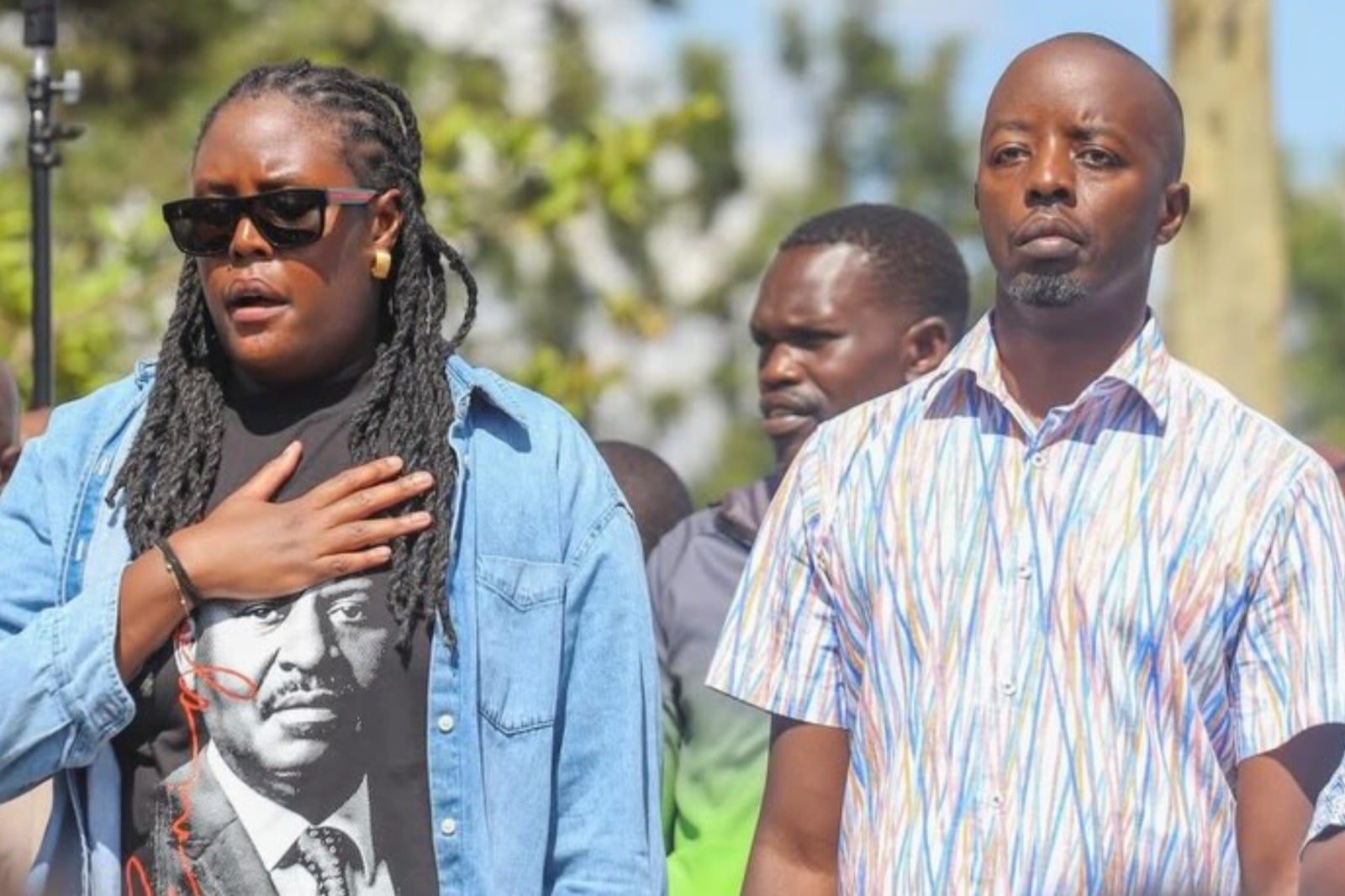


Leave a Reply